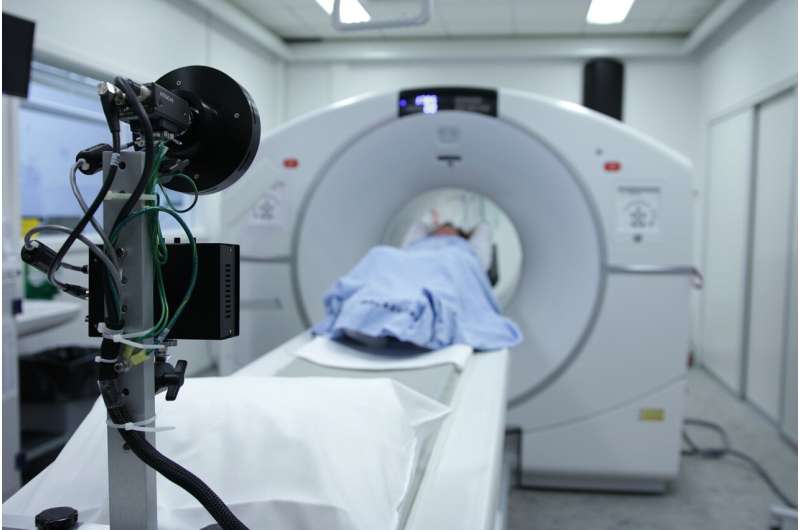Rising Trends in Preterm Births in the United States from 2014 to 2023

A new study reports a significant increase in preterm and early-term births in the U.S. from 2014 to 2023, highlighting shifts in obstetric practices and implications for infant health.
A comprehensive review of birth data from the United States reveals a significant increase in preterm deliveries over the past decade. According to a recent report published in the June issue of Health E-Stats, a publication from the National Center for Health Statistics, the percentage of infants born prematurely has risen steadily between 2014 and 2023.
Researchers Joyce Martin, M.P.H., and Michelle J.K. Osterman, M.H.S., analyzed birth certificate data collected through the National Vital Statistics System. Their study highlights a 13% increase in preterm births, where infants are born before 37 weeks of gestation, rising from 7.74% in 2014 to 8.71% in 2023. Notably, early-term births, classified as between 37 and 38 weeks, also saw a 22% rise—from 24.31% to nearly 30% in the same period—mainly driven by increases at exactly 37 and 38 weeks.
Conversely, full-term births at 39-41 weeks experienced a decline of about 7%, dropping from nearly 61% to just over 57%. Late and post-term births also decreased significantly. The trend extended to induced labor, with a remarkable 77% increase in births where labor was medically initiated, rising from 17.7% to 31.3%. Inductions at 37 and 38 weeks saw increases of 81% and 68%, respectively.
These changes were observed across maternal age groups, with younger mothers under 30 and older mothers over 30 both experiencing significant upticks in early-term births. The findings emphasize ongoing shifts in obstetric practices and highlight concerns about the rising proportion of preterm deliveries, which can carry risks for infant health.
For detailed insights, see the full report at source.
Stay Updated with Mia's Feed
Get the latest health & wellness insights delivered straight to your inbox.
Related Articles
Decline in Cardiovascular Health Among Older Adults with Common Heart Conditions
New research reveals a troubling decline in cardiovascular health among adults aged 65 and older, especially those with heart conditions. The study emphasizes the importance of early lifestyle interventions to improve long-term heart health.
Free Open-Source AI Tools Match Commercial Systems in Medical Scan Analysis
New research shows that free, open-source AI models can match commercial systems in analyzing medical scans, ensuring privacy and reducing costs for healthcare providers.
Increased Risk of Parkinson's Disease Linked to Metabolic Syndrome, Study Shows
A new study links metabolic syndrome to an increased risk of Parkinson's disease. Maintaining metabolic health may help reduce the likelihood of developing neurodegenerative conditions. Source: Medical Xpress.
'One and done': A single shot at birth may provide long-term HIV protection for children
A new study reveals that a single gene therapy shot administered at birth can protect children from HIV for years, offering a promising strategy to reduce mother-to-child transmission in high-risk regions.



